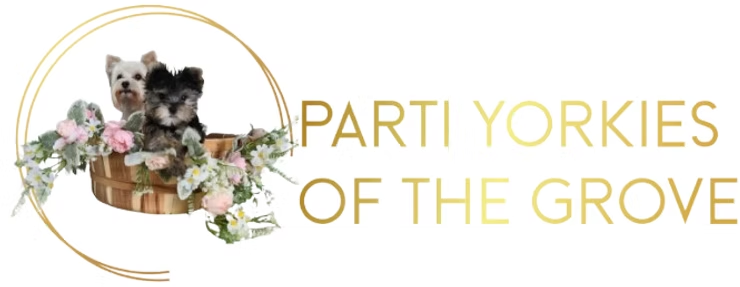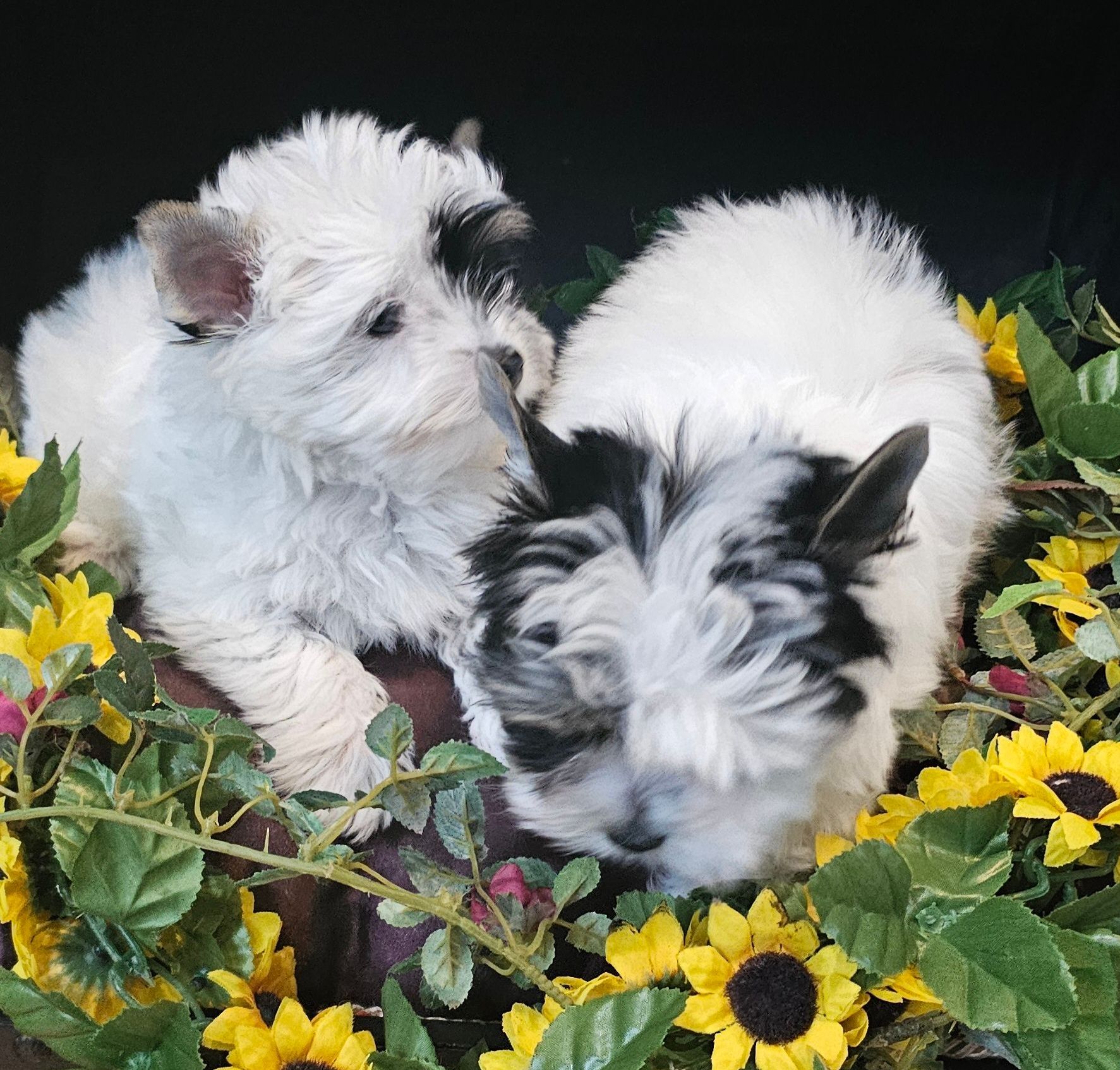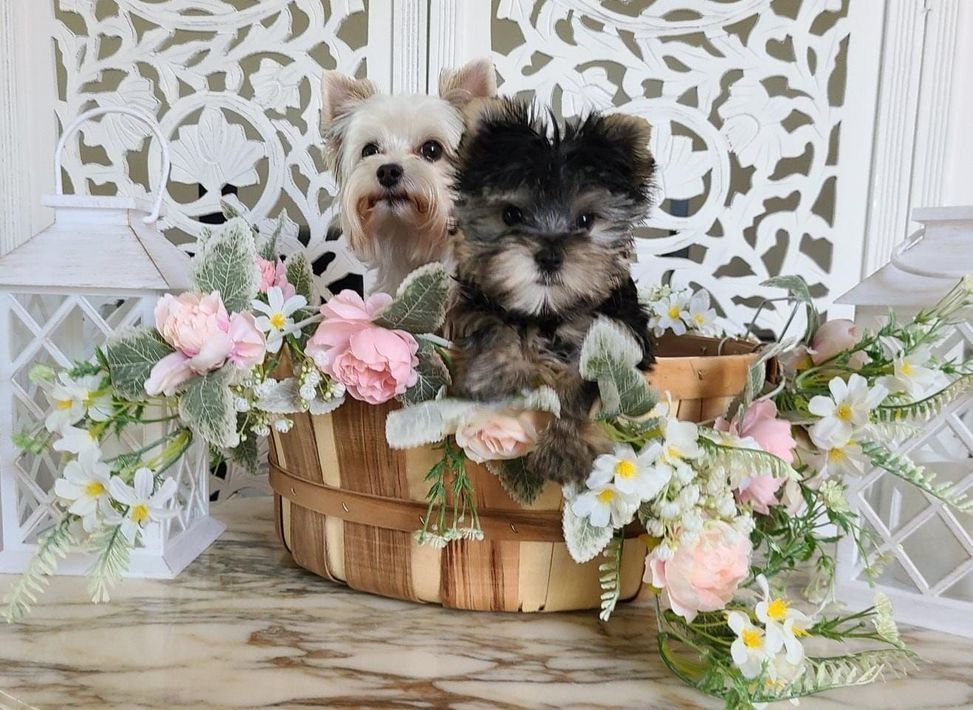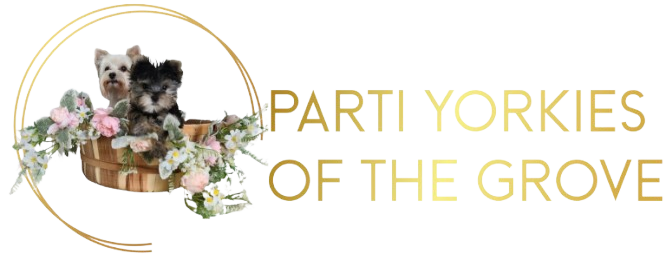Tips on Keeping your Yorkie Looking Beautifully Groomed
How to Groom Your Yorkie and Keep Them Beautiful
Yorkshire Terriers, or Yorkies, are known for their stunning coats and charming personalities. Regular grooming is essential not only for maintaining their beauty but also for their overall health. Here’s a comprehensive guide to help you keep your Yorkie looking fabulous!
1. Gather Your Grooming Tools
Before you start grooming, ensure you have all the necessary tools on hand:
- Slicker brush: For detangling and removing loose hair.
- Comb: To catch any remaining tangles and smooth the coat.
- Scissors: For trimming around sensitive areas like the eyes, ears, and paws.
- Nail clippers: To keep their nails at a manageable length.
- Dog shampoo: Use a gentle, dog-specific shampoo and conditioner.
- Towel: For drying after a bath.
2. Establish a Grooming Routine
A regular grooming schedule will help your Yorkie get accustomed to the process. Aim for grooming sessions at least once a week.
3. Brushing Techniques
- Start by gently brushing your Yorkie’s coat with a slicker brush. Work from the roots to the tips to avoid damaging the hair.
Pay extra attention to areas prone to matting, such as behind the ears, under the legs, and around the collar.
- Follow up with a comb to catch any remaining tangles, especially in the undercoat.
4. Bathing Your Yorkie
- Bathe your Yorkie every four to six weeks or as needed. Too frequent bathing can strip their coat of natural oils.
- Wet their coat with warm water and apply the dog shampoo. Gently lather and rinse thoroughly to avoid any residue.
- After rinsing, apply a conditioner to keep the coat soft and manageable. Rinse out the conditioner completely.
5. Drying Your Yorkie
- Use a soft towel to gently dry your Yorkie.
- You can also use a pet dryer on a low setting to dry their coat completely, but be cautious of the noise and heat.
6. Trimming and cutting
- Trim the fur around their eyes to keep their vision clear and avoid irritation.
- Regularly trim the hair on the paw pads to prevent slipping and to keep their paws clean.
- Consider giving them a “puppy cut” if you prefer a shorter hairstyle, especially for easier maintenance.
7. Nail Care
- Check your Yorkie’s nails every couple of weeks. If you hear their nails clicking on the floor, it’s time for a trim.
- Use dog-specific nail clippers and be cautious not to cut into the quick, which can cause bleeding.
8. Ear and Teeth Care
- Check your Yorkie’s ears weekly for dirt or wax build-up. Use a damp cloth or a dog-specific ear cleaner to gently wipe the outer ear.
- Dental care is essential for Yorkies, so brush their teeth regularly with dog-safe toothpaste.
9. Stay Positive
- Keep grooming sessions positive by offering treats and praise. This will help your Yorkie feel more comfortable and less anxious during grooming.
10. Professional Grooming
- If unsure about specific grooming tasks, consider taking your Yorkie to a professional groomer, especially for haircuts and nail trims.
By following these grooming tips, you can ensure your Yorkie remains beautiful, healthy, and happy. Regular grooming enhances their appearance and strengthens the bond between you and your furry friend. Happy grooming!










